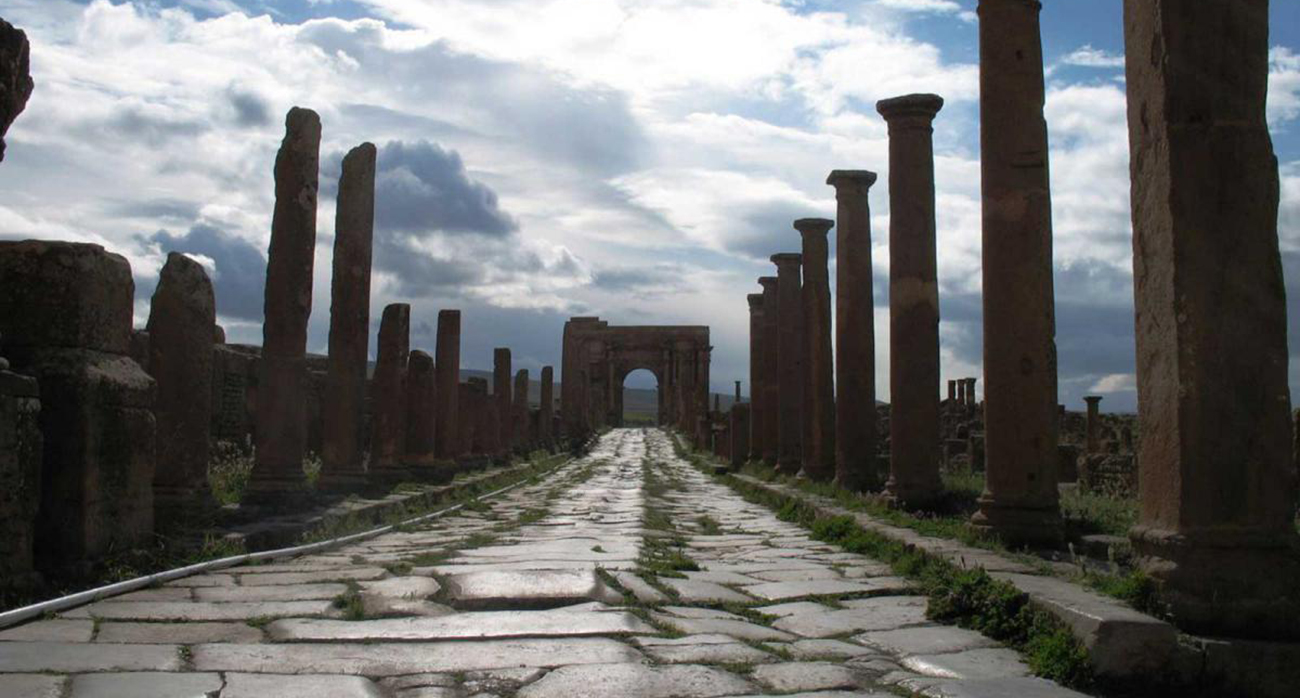Introduction. Readers are referred to Sabidius' translation of Book VIII of Ovid's "Metamorphoses" which was published on his blog on 25th March 2010 for information about this great poem. The text of this extract is taken from the 'Cambridge Latin Anthology', Cambridge University Press, 1996. Ll. 354-360, 368-399. The story opens when Narcissus is out hunting one day. A babbling nymph, who has learned neither to keep quiet for (someone) talking, nor to speak first herself, the answering Echo, espied him (i.e. Narcissus), driving some frightened deer into his net. Still,...


